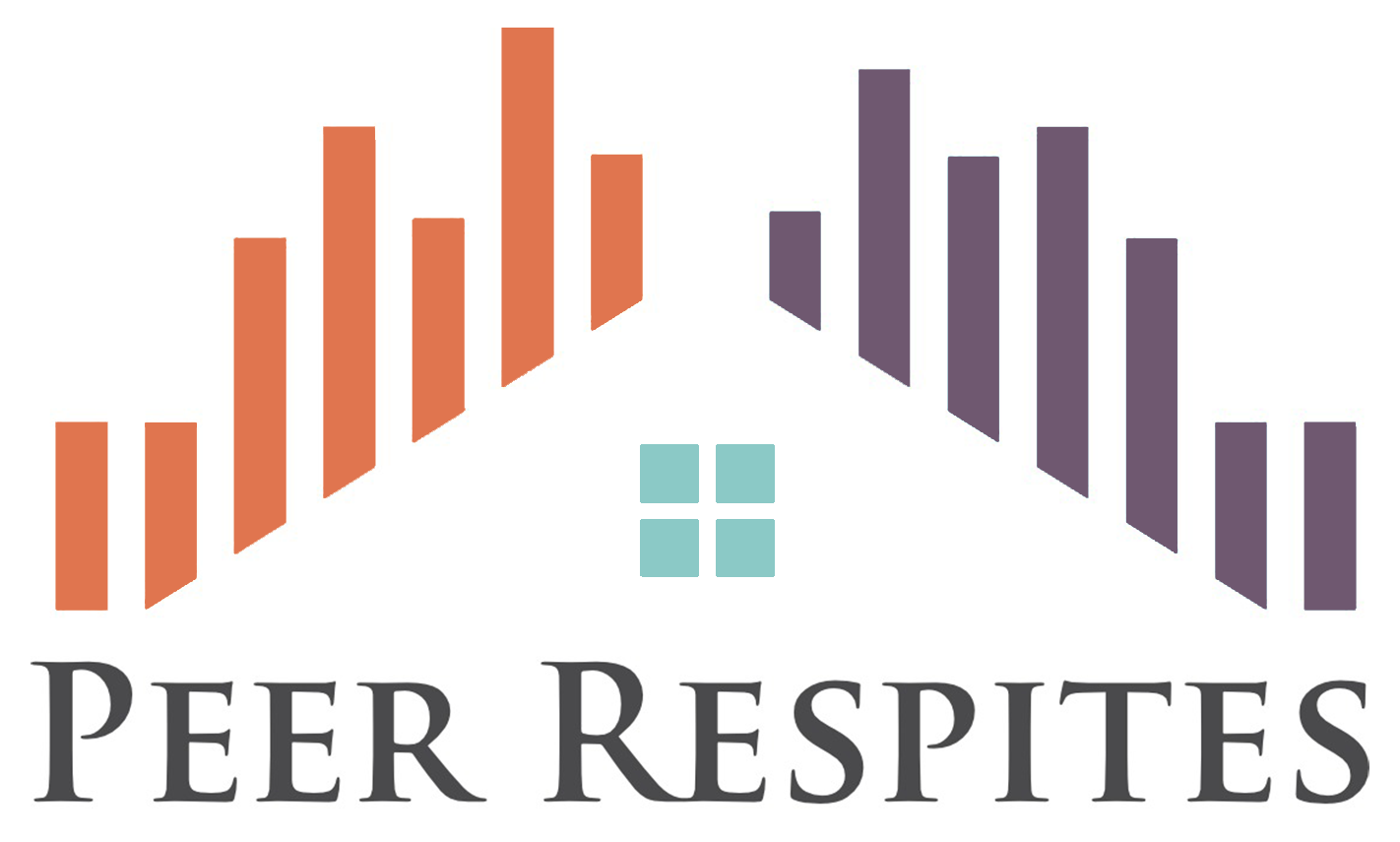Every two years between 2010 and 2020, Live & Learn staff and partners conducted the Peer Respites Essential Features (PREF) survey. All peer respites in the U.S. were invited to participate in each wave. This effort created nationwide, longitudinal data that documents trends in organizational development and program policy so that communities and states could learn from each other as the number of peer respites grows nationwide. The reports from this survey provide the public information for planning, funding, and sustainability of current and future peer respites.
What are peer respites?
A peer respite is a voluntary, short-term, overnight program that provides community-based, non-clinical crisis support to help people find new understanding and ways to move forward. It operates 24 hours per day in a homelike environment.
Peer respites were designed as psychiatric hospital diversion programs to support individuals experiencing or at-risk of a psychiatric crisis. The premise behind peer respites is that psychiatric emergency services can be avoided if less coercive or intrusive supports are available in the community.
Peer respites engage guests in mutual, trusting relationships with peer staff. Peer support involves a process of mutual helping based on the principles of respect and shared responsibility. Peer support includes interactions in which individuals help themselves and others through fostering relationships and engaging in advocacy to empower people to participate in their communities.
Consensus Definition of Peer Respites
Peer respites are staffed and operated by people with psychiatric histories or who have experienced trauma and/or extreme states. This means that...
STAFF
100% of staff have lived experience of extreme states and/or the behavioral health system
MANAGEMENT
All individuals in program/house management positions have lived experience of extreme states and/or the mental health system
Job descriptions for program/house management positions require lived experience of extreme states and/or the mental health system
GOVERNANCE
The peer respite is either operated by a peer-run organization OR has an advisory group with 51% or more members having lived experience of extreme states and/or the behavioral health system
PEER-RUN ORGANIZATION
A program or organization in which a majority of persons who oversee the organization’s operation and are in positions of control have lived experience of extreme states and/or the mental health system.
People with lived experience of extreme states and/or the mental health system constitute a majority of the board or advisory group, and the director and a majority of staff, including volunteers, must identify as people lived experience of extreme states and/or the mental health system.
See works cited at: http://dx.doi.org/10.1176/appi.ps.201400080
A panel of experts in peer support research, training, advocacy, and program administration developed these specific criteria in 2016. This consensus panel examined program structures and policies and considered the tradition and history of the consumer/survivor movement in creating and operating alternatives to traditional mental health services. All of the panel members have experience working in or with peer respites and peer-run organizations in the U.S.

